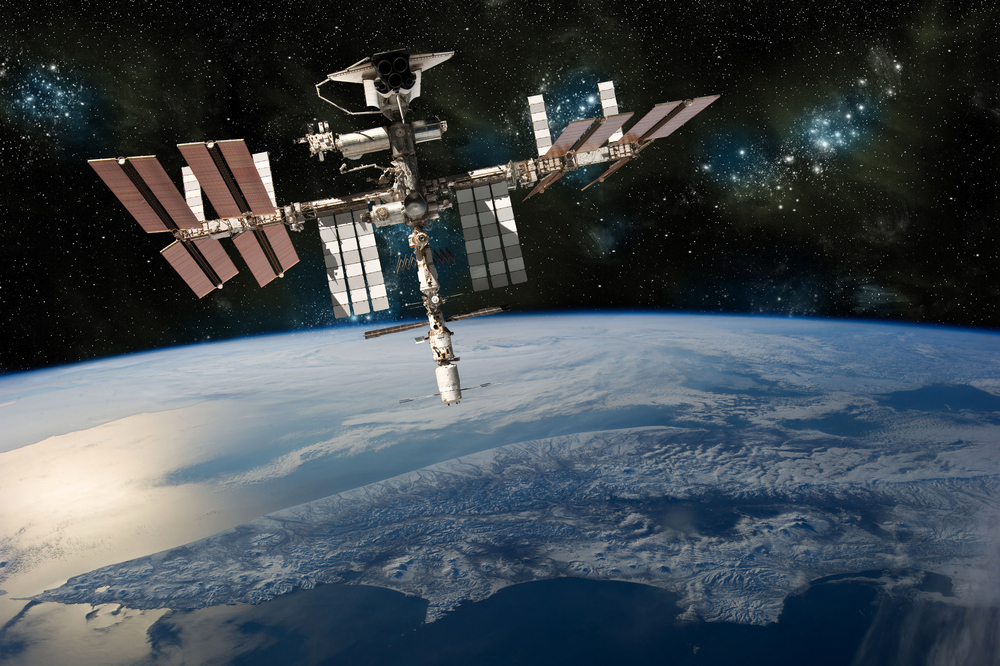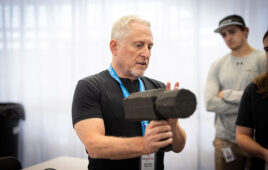
A $2 million grant will fund new technology to evaluate the effects of space travel on human brain cells at the International Space Station (ISS) U.S. National Laboratory.
The grant, funded by the National Center for Advancing Translational Sciences, a center of the National Institute of Health, will go to Emulate Inc., for the Boston-based company’s Organs-on-Chips technology.
The company will use their Brain-Chip system and develop a fully automated research platform for experiments on ISS to be conducted under healthy and inflamed states to assess how space travel affects neuronal function, as well better understand how the human brain operates on Earth.
According to an Emulate press release, the ISS provides an environment where researchers can study human health in microgravity, allowing them to decouple the force of gravity from other effects that can impact brain cell function.
Different experiments will be conducted onboard to see how other space travel stressors—hypergravity experienced during launch, reduced availability of oxygen known as hypoxia and increased levels of stress hormones—influence brain function.
“As we make our Human Emulation System available to labs throughout the world, we continue to push new boundaries,” Geraldine Hamilton, Ph.D., president and chief scientific officer of Emulate, said in a statement. “It’s an exciting opportunity for us to collaborate with experts working in the space program so that we can leverage research with Organ-Chips in space and apply the learnings to human health challenges that are experienced on Earth.”
The Human Emulation System is an integrated system that provides a high-fidelity window into the inner-workings of the human body by integrating micro-engineering with living human cells to offer a new method to model human biology.
The researchers will also look at the relationship between inflammation and brain function—a very active area of investigation for furthering understanding of neurodegenerative diseases including Alzheimer’s and Parkinson’s diseases.
The study was particularly focus on the blood-brain-barrier, which protects the brain by preventing unwanted substances from entering the brain and can be altered during inflammation.
The studies will use the Brain-Chip to evaluate the efficacy of anti-inflammatory therapeutic intervention on the blood-brain barrier in space.
“Conducting research with Organs-on-Chips technology on the International Space Station is a remarkable opportunity to understand disease and improve human health,” NCATS Director Dr. Christopher Austin said in a statement. “Physiological functions in the microgravity of the International Space Station will provide insights that will increase translational effectiveness on Earth, including identifying novel targets for drug discovery and development.”
Emulate is expected to adapt the instrumentation of their Human Emulation System to achieve the requirements for use of Organs-on-Chips technology on ISS.
They will also develop space-compatible hardware with their two partners—IRPI and SpaceTango.
“The adaptation of our Organs-on-Chips technology for research in space advances new frontiers for designing the functionality of our system to be highly-automated, streamlined, and size-efficient,” Chris Hinojosa, director of Discovery at Emulate, said in a statement. “We are further optimizing our system to meet the requirements for use in space which, in turn, will enable us to improve our system for use by many researchers and companies on Earth.”




